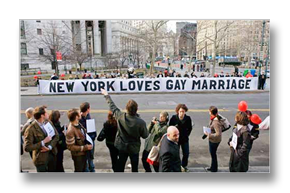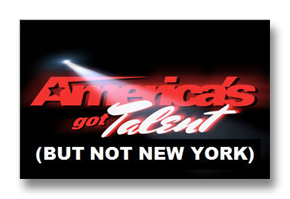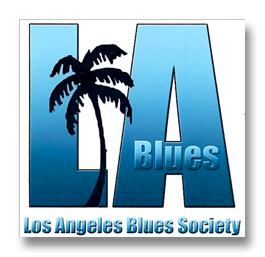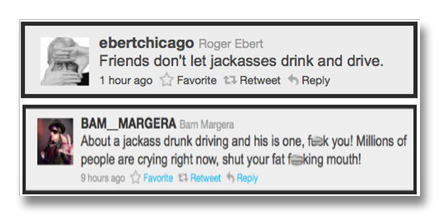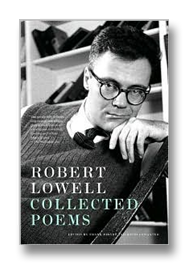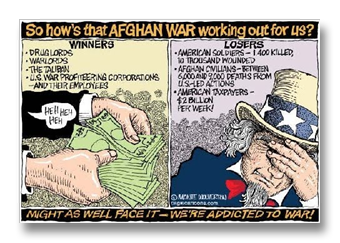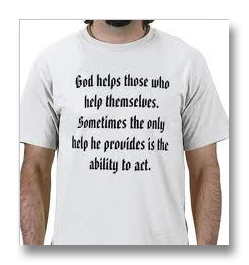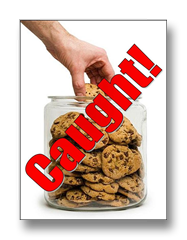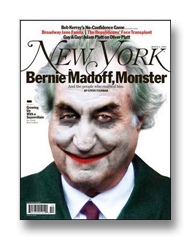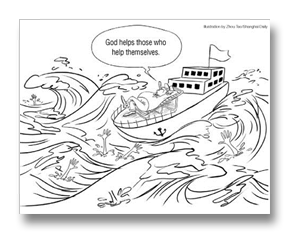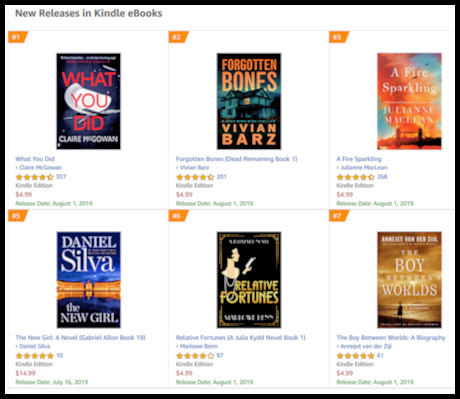|
A RECENT VARIATION ON A FAMOUS SONG LYRIC: “Now that we’ve made it here, we'll make it everywhere.” |
|
ORIGIN OF THE FAMILIAR LINE: “If I can make it there, I’ll make it anywhere |
|
THE L.A. VERSION OF THE OLD BIG APPLE ADAGE: “When did the old adage about the Big Apple become: ‘If you can make it there, it’s probably because everyone else has set a really low bar’? Um...just now, I guess. (Start spreadin’ the news.)” |
|
AN OLD BLUES MUSICIAN’S TAKE ON L.A.: “Well, if a man can make it Los Angeles, he can make it anywhere |
|
THE EXTREMOPHILE VARIATION: “The recent discovery of bacteria on Earth in the most unlikely spots-under the ocean floor, in rivers orange with dissolved iron-has lent support to the argument that if life can make it there, it can make it anywhere.” |
* * * * * * * * * *
Comments? Corrections? Post them on the Famous Quotations Facebook group.
Related viewing, listening and reading…

